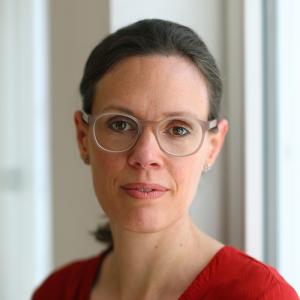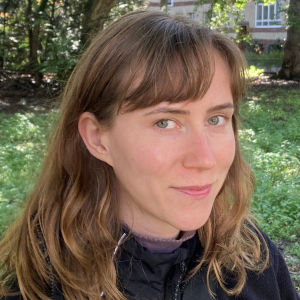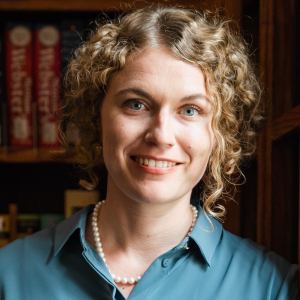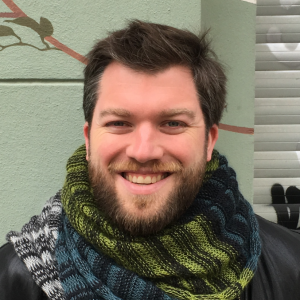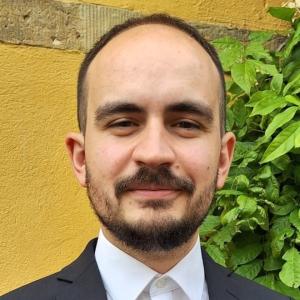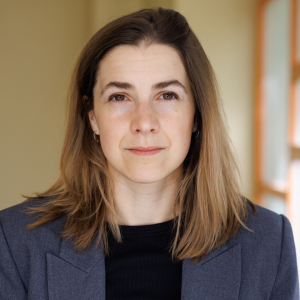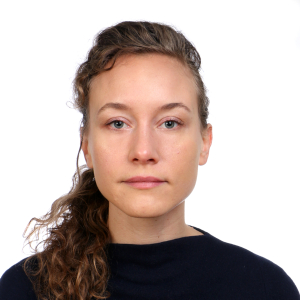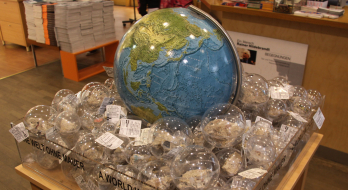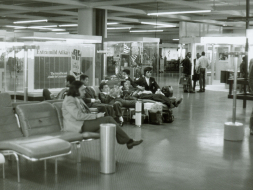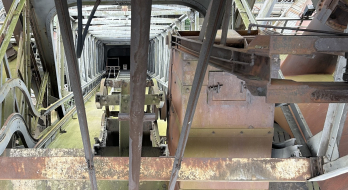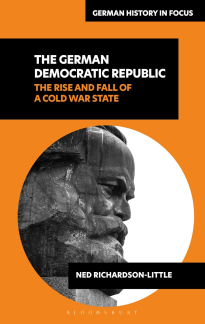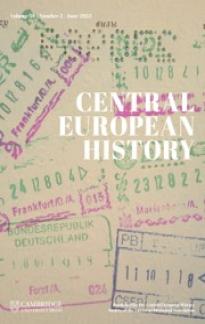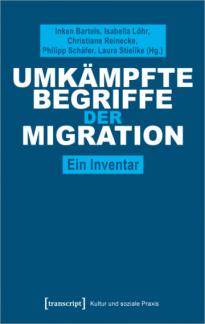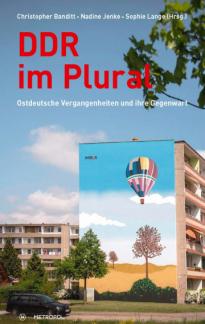Aufnahme einer vielbefahrenen Kreuzung in Taipei bei Nacht. Foto: Ma Joseph via Unsplash.
Dept. V: Globalizations in a Divided World
Head of Department: Prof. Dr. Isabella Löhr
One of the central challenges in the twenty-first century is how to comprehend the present, in all of its complexity and contradictions. Our department addresses this issue by placing the history of European societies since 1945 in their global contexts. To this end, we bring contemporary and global historical approaches into a productive dialogue, examining national phenomena in the context of decolonization, the Cold War, global governance and European integration.
The projects examine the entire spectrum, from deliberate internationalization policies to strategies of national isolation, and involve a variety of historical actors including governments, international organizations, companies, migrants, transnational social movements, NGOs and activists. Our research projects inquire into why and how European societies in the twentieth and early twenty-first centuries constituted themselves through interactions with other countries and regions of the world, and what role cooperation and conflict, as well as dependence and autonomy, played in this process. We examine the actors, motives and dynamics of these interactions and reconstruct how the ‘making’, ‘rearranging’ or ‘breaking’ of cross-border connections create everyday worlds of life and imagination, information, development and corporate policies, law, gender relations, political movements and migrant realities. Our research reconstructs forgotten connections and traces the contingency of globalization processes. The department creates a deeper understanding of how our global present has become historical and thus contributes to the conscious shaping of social agency.


